Misrepresented MDMA linked to serious harm in Hawke’s Bay
-
Notification
-
Synthetic Cathinones
-
- Hawke's Bay
UPDATED 11 August 2023
Serious harm has been linked with misrepresented MDMA in the Hawke’s Bay area.
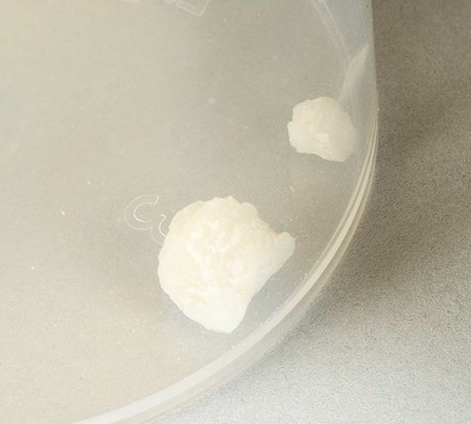
How to identify the drug
- Small white crystals/rocks
- Various sizes
- Possibly crushed into powder
UPDATE: 11 August 2023
On 8 August 2023, we issued the below notification after serious harm in the Hawke’s Bay region was linked to the consumption of the synthetic cathinone dimethylpentylone, which was being misrepresented as MDMA. We have updated our advice as more information has come to light.
Further analysis of the incident suggests that this serious harm was likely caused by the consumption of dimethylpentylone with bromazolam, a benzodiazepine, possibly in combination with alcohol.
Harm can occur when combining a stimulant, like dimethylpentylone, and a depressant, like bromazolam, as one can mask the effects of the other and this may result in people taking larger amounts of these substances to achieve the desired effect. By taking larger doses, there is a greater risk of overdose - particularly when combined with other central nervous system depressants, like alcohol. It’s unknown whether the benzodiazepine was misrepresented as another substance.
High Alert strongly urges people not to combine substances as effects can be unpredictable and it increases the chance of harm. This includes mixing substances with alcohol, especially other central nervous system depressants like benzos and opioids.
*****
This notification is to let you know that we've identified serious harm believed to be linked with the consumption of a substance being misrepresented as MDMA in the Hawke’s Bay area.
A small number of people were admitted to hospital after consuming this substance and experiencing serious harm. The effects after consumption were not consistent with typical MDMA use.
A sample was provided and testing confirmed it contained dimethylpentylone, a synthetic cathinone. It's not currently known how widely this substance is circulating.
High Alert strongly urges caution if taking white crystals/rocks or powders being sold as, or represented as, MDMA. Drug checking is recommended to help minimise the risk.
KnowYourStuffNZ, the NZ Drug Foundation and NZ Needle Exchange Programme run drug checking clinics across the country to help reduce harm - check the schedule here. It's free, legal and confidential.
If you or someone you know takes a substance thought to be MDMA and starts to feel unusual effects, get to hospital or call 111 immediately. Be honest about your drug use – you won't get in trouble and it could save your life.
If you have heard of any reports of this drug, please let us know! The alert ID is N23/0036. All submissions are anonymous.
How to recognise symptoms from the drug:
The effects identified were not consistent with typical MDMA consumption, and included lower levels of consciousness/unconsciousness over a prolonged period of time.
While the sample provided indicated the presence of dimethylpentylone, there is limited information about the effects of this substance at different dosage levels. Other synthetic cathinones have lower active doses than MDMA – meaning people may unexpectedly take a larger dose than intended.
The physical effects of dimethylpentylone are not well understood but are likely similar to other synthetic cathinones:
- Stimulation
- High blood pressure, rapid heart rate
- Inability for body to regulate temperature
- Compulsive redosing
- Loss of consciousness
An overdose can result in death.
Synthetic cathinones can cause a person to feel anxious, agitated, and paranoid. Some people also experience headaches, stomach aches and have difficulty sleeping.
How to reduce harm from the drug:
This substance may continue to be sold as, or represented as, MDMA while containing the synthetic cathinone dimethylpentylone.
High Alert urges caution if taking white crystals/rocks or powder presumed to be MDMA, particularly in the Hawke's Bay region. Remember, you can't be sure the substance you have is MDMA by sight or smell. Drug checking is recommended to help minimise the risk.
KnowYourStuffNZ, the New Zealand Drug Foundation and the New Zealand Needle Exchange Programme are running regular drug checking clinics across the country – you can find a calendar of upcoming events here.
If you choose to use this substance:
-
Avoid using alone. Have a buddy who can help, and call an ambulance, if things go wrong. This includes having someone around after use – the people involved in this harm incident experienced serious symptoms about 12 hours after using the substance.
-
Lower doses are less risky. Start off with a small amount to check how it affects you. Be aware of the possibility of delayed onset of adverse effects.
-
In general, swallowing a substance has a slower onset than other methods and means there might be more time to get medical help if needed.
-
Avoid using with other substances, especially alcohol. Do not try to drive.
-
Get it checked at a licensed drug checking service before taking it.
-
Use a reagent test to check it first. Marquis and Mandalin reagents will turn black if there is any MDMA present (remember there may be other substances present in the mixture too). A different colour or no change indicates that the sample you tested does not contain any MDMA.
Call 111 and ask for an ambulance immediately if you or someone else has any of the below signs after taking this substance. Tell them what you have taken, you won’t get in trouble and it could save your life.
-
Starts to lose consciousness or is unconscious
-
Stops breathing
-
Has a seizure
-
Feeling extremely agitated for longer than 15 minutes
-
Has chest pain or breathing difficulties for longer than 5 minutes
If you have heard of any reports of this drug, please let us know through the Report unusual effects page, the alert ID is N23/036. All submissions are anonymous.
Stay safer by staying informed. Sign up to receive alerts and notifications about any dangerous drugs in NZ. Check out the alerts page to see what we've already found.
Are you concerned about your own drinking or drug taking? Reach out to the Alcohol Drug Helpline on 0800 787 797, or text 8681. You'll be able to speak with a trained counsellor who can provide you with helpful information, insight and support. They’re available 24/7, all calls are free and confidential.
You can also chat to the Alcohol Drug Helpline team online through the website, or:
- Call the Māori Line on 0800 787 798 for advice and referral to kaupapa Māori services.
- Call the Pasifika Line on 0800 787 799 for advice and referral to services developed for Pacific people.
- Call the Youth Line on 0800 787 984 for advice and referral to services for young people.
Latest Alerts & Notifications
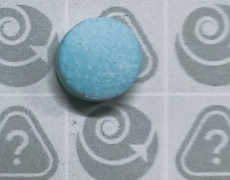
Highly potent synthetic opioid detected in fake diazepam tablet
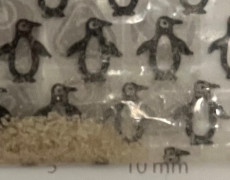
Alpha-PVP like substance misrepresented as MDMA in Christchurch
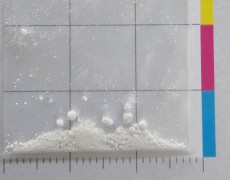
Heroin sold as ketamine in Auckland region
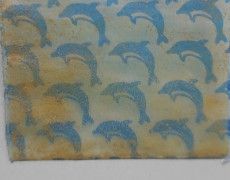
Highly potent synthetic opioid misrepresented as butonitazene

